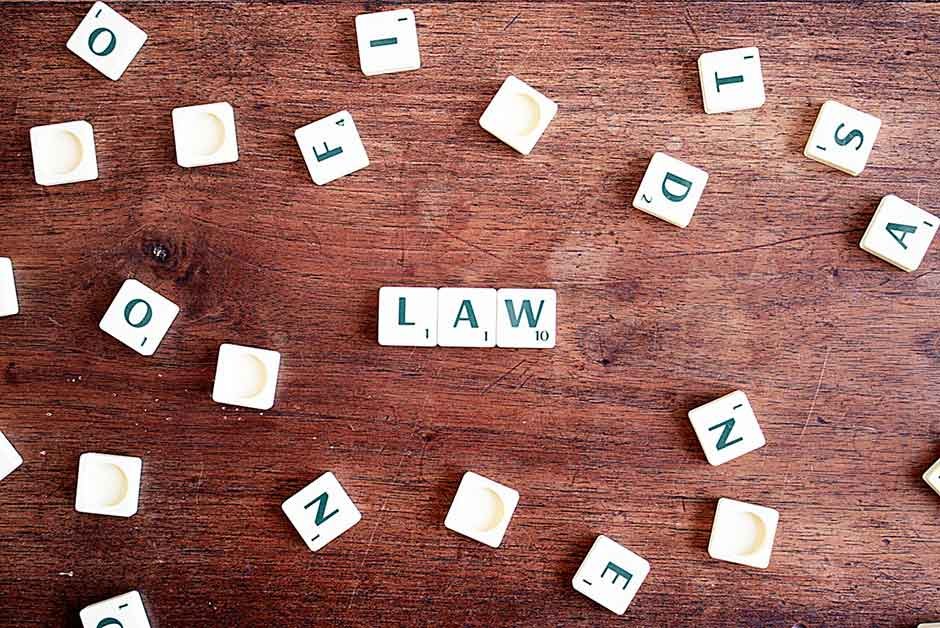Expert witnesses are instrumental in a legal case as they aid juries and judges in getting their minds around complicated matters. The expert testimony must be prepared and interrogated to make it relatable. Examining feasible methods, lawyers will be able to make sure that professional people will communicate their knowledge in a form that is clear, interesting, and reliable.
Getting the Perspective of the Expert
Effective expert examination must begin with a first step of understanding how the witness views their work. Researchers tend to look at their profession in a professional frame of reference and employ terminology and ideas that are not only intrinsic to them but also foreign to the lay. It is necessary to review the background, publications, and past testimony of the expert to understand which language and examples they are comfortable with before they enter the courtroom. This planning enables questioning to develop on what the expert is well-versed in, so their explanations will be genuine.
Experts are more convincing when their information is put in contexts that make sense to the audience. An example is when a medical practitioner may explain a procedure based on the things people tend to do in their daily lives, or an engineer may explain a technical idea based on things they see in their homes. Knowledge of these natural analogies forms the basis of the queries that cause the specialist to encode their knowledge into familiar language.
Asking the Right Questions
After understanding the mind of the expert, the next thing is to frame questions in a manner that helps steer them to some relatable explanations. Open-ended questions tend to be effective and enable the professional to elaborate on ideas without feeling restricted. An example would include a lawyer inquiring, instead of asking a yes or no question about a procedure, about how this process works, and asking the witness to explain in simple words. This invites the specialist to explain their rationale step-by-step.
The way questions are asked must also address the level of knowledge of the audience. Eschewing technical jargon except where necessary, or defining it right away, can be effective in getting the expert to express himself. The witness is able to remain credible and reachable by adding complexity and relating the new ideas to what is commonplace in real life. The resulting strategic framing has a natural flow, and listeners remain entertained.
Analogies and Storytelling
The tools of analogy and storytelling are very effective in transferring expertise into emotional testimony. The human brain perceives information best when it is related to something they have gone through. The gap between technical knowledge and the understanding of the audience may be closed by encouraging experts to apply metaphors or real-life examples.
To illustrate the point, when considering structural engineering, the expert may make a comparison between the stress of a bridge and the weight of a bookshelf in a house. These analogies render abstract things concrete without descientifying the science. Telling a story can also demonstrate consequences, processes, or reasoning in a way that is easy to remember. When well used, such methods enable the jury or judge to understand the applicability of the conclusions made by the expert and retain major points long after the testimony is over.
Reaction and Adjustment
When the answers given by the expert are too technical or complex, you can make the message even simpler by asking follow-up questions or providing more analogies.
Such flexibility will make the expert more approachable during the examination. Monotonous questioning can show that the interrogator is well prepared, but is likely to lose the crowd unless it hits the right note. Lawyers can do that by staying alert and accommodating, and still talking about all the points.
Good Probing Skills
Strategies for probing expert witnesses include encouraging them to define terms, break down processes into steps, and describe the real-world implications of their findings. To define terms, analyze processes into steps, and write about the implications of their findings in the real world. Hypotheticals can also be constructed by the lawyer to be based on ordinary experiences to force the expert to articulate complicated concepts in a familiar environment. This kind of facilitated investigation assists professionals in translating the technical information into understandable and interesting language.
Conclusion
Relatable expert testimony is not a question of dumbing down information to the extent of falsifying it; it is a question of making complex concepts engage with the audience at a level that the audience can both comprehend and recall. The learning of the expert becomes credible, but also meaningful, which enables the audience to relate to the evidence practically and memorably.






